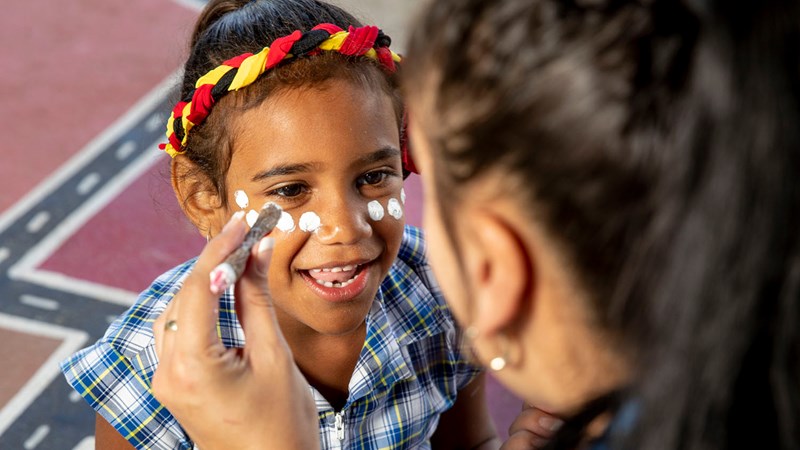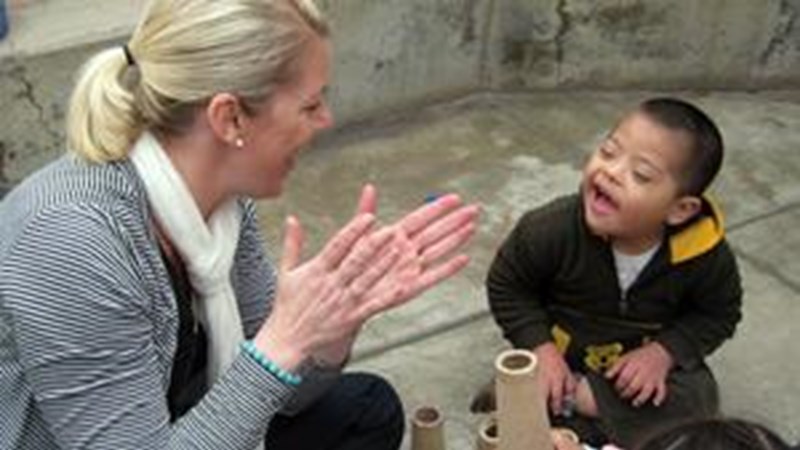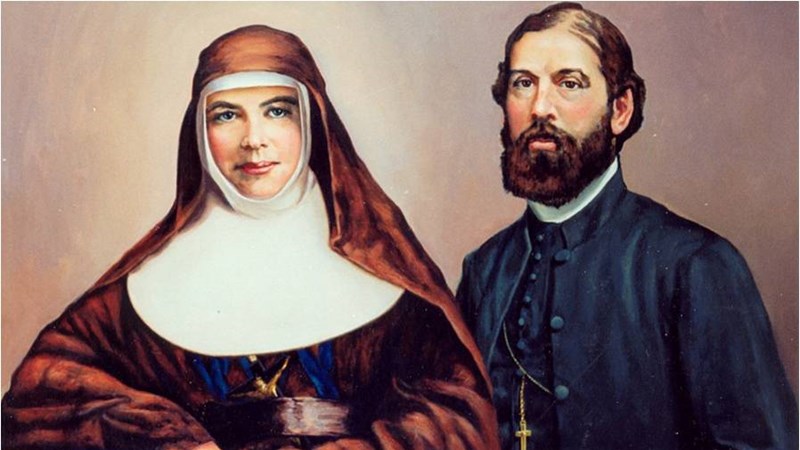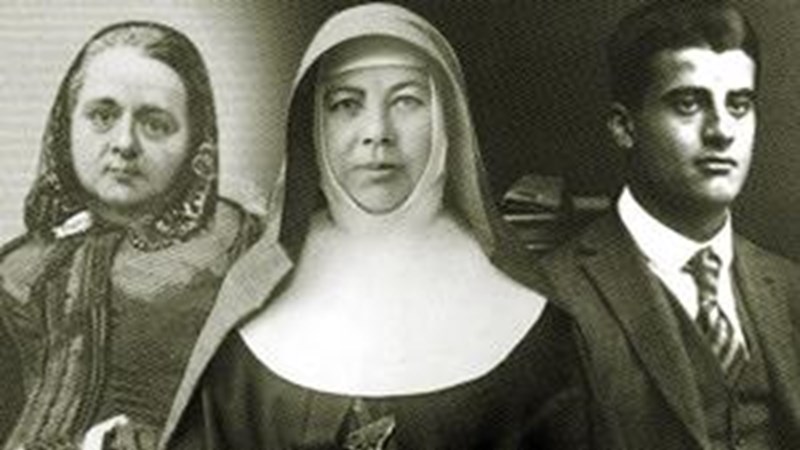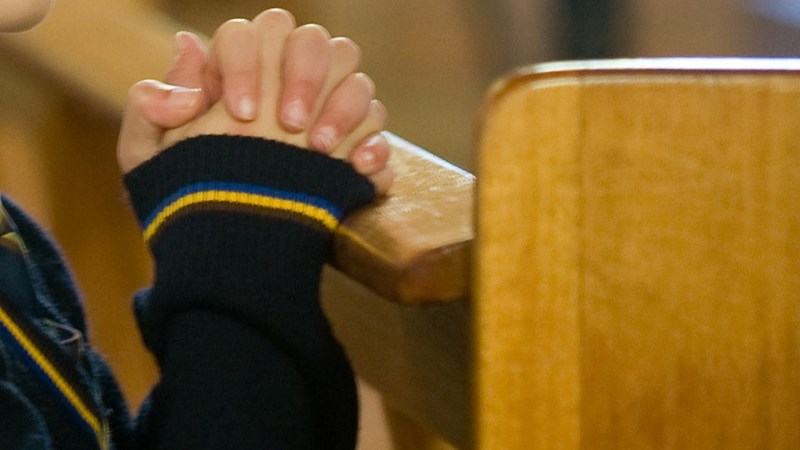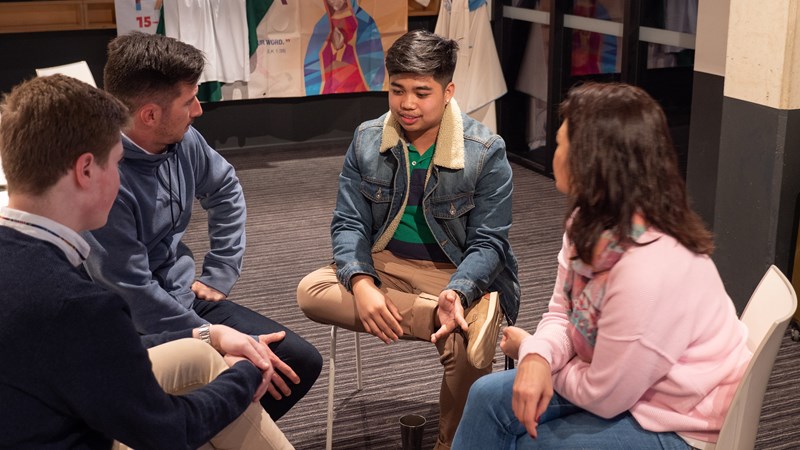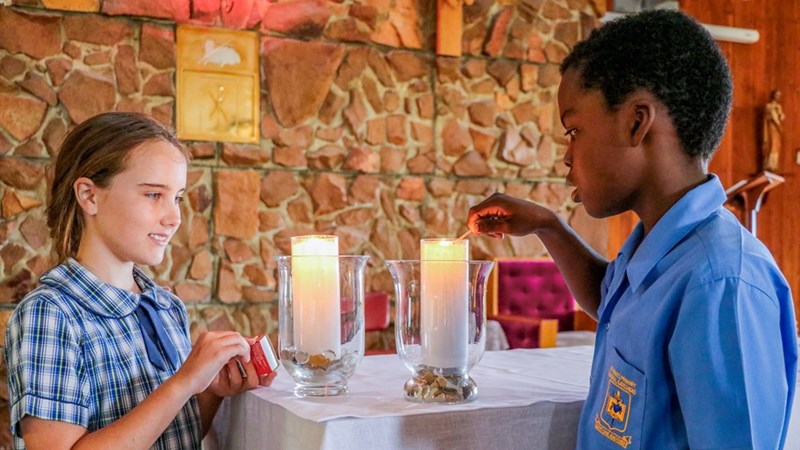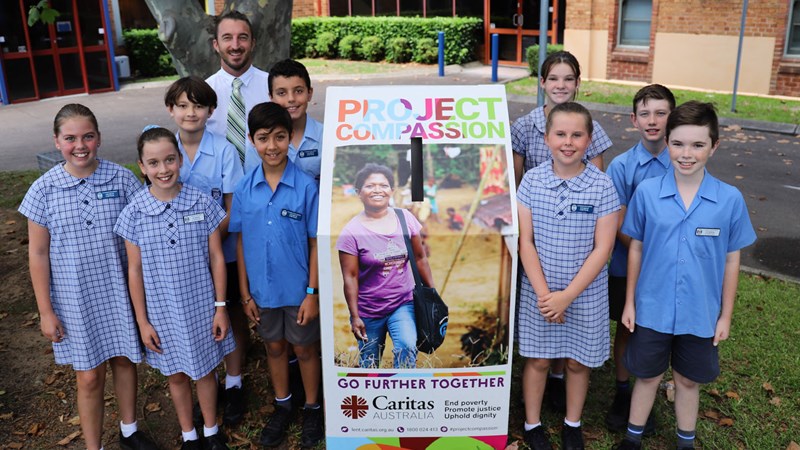Teachers' Notes
A catalogue of suggested approaches for using the learning objects in classroom situations.
- Learning Objects
- Resources
- Glossary
- Teachers' Notes
Concepts for a Eucharistic Life
This Object provides the students with nine concepts for living a Eucharistic life. The multimedia element of this Object represents the nine concepts visually. Rolling over the tile reveals the concept; clicking on each of the tiles enlarges the images and presents further information.
Eucharist As Food For The Journey
This Object highlights the significance of the new forms of dismissal; they bring to the fore our mission to live as Jesus taught us. The multimedia element of this Object displays two case studies. The case studies exhibit the contribution of two primary schools in an international context: St Christopher’s, Airport West, in Peru; and St Joseph’s, Malvern, in Tanzania.
Christ for Others
This Object encourages self-reflection on what it means to be a person of faith and the implications of this in the different spheres of our lives. The multimedia element of this Object seeks to aid reflection and discussion on our responsibilities as Christians; on being Christ for others.
Inspiration from our Founders
This Object provides students with the historical background to the Catholic tradition in Australia. Catholic education flourished due to the perseverance of the religious orders present who answered the call to ‘go forth on mission’. Their determination should be an inspiration to the students.
Sharing in the Mission of Jesus
This Object demonstrates how Christians share in the priestly mission of Jesus in a particular way by living and working as he did. The multimedia element of this Object displays two case studies. The case studies depict how two Brigidine schools are striving to live a Christian way of life: St Joseph’s, Echuca; and Kilbreda College, Mentone.
Sent Forth on Mission
This Object presents the origins of Christian service. At the Last Supper, when the meal was over Jesus washed the feet of his disciples; an act of pure love. This action has become the model for Christian service today.
Charity
This Object teaches students about the concept of charity as divine love. This is contrary to how we have come to understand and interpret the word. For many, charity has come to mean giving of material goods.
How Can the Eucharist Make a Difference in My Life?
This Object is part of a set of three: How Can the Ending Be A Beginning?; and How Do We Live What We Believe? The ‘Supporting Content’ of this Object is taken from the essay ‘Living a Eucharistic Life’ by Msgr Kevin Irwin in Become One Body One Spirit in Christ.
How Can the Ending be a Beginning?
This Object is part of a set of three: How Do We Live What We Believe?; and How Can the Eucharist Make a Difference in My Life? The ‘Supporting Content’ of this Object is taken from the pathway ‘Dismissal for Mission’ in the ‘Living a Eucharistic Life’ section of Become One Body One Spirit in Christ.
How Do We Live What We Believe?
This Object is part of a set of three: How Can the Ending Be A Beginning?; and How Can the Eucharist Make a Difference in My Life? The ‘Supporting Content’ of this Object is taken from the pathway ‘Believe, Pray, and Act’ in the ‘Living a Eucharistic Life’ section of Become One Body One Spirit in Christ.
Living the Gospel
This Object demonstrates that the gospels have practical applications to our daily lives. Christians are instructed to live as Jesus taught, as such, our behaviour should be guided by the values expressed in the scriptures.
Environment
This Object informs students about some of the most pressing environmental issues human beings are currently facing. It teaches them the significant obligations Christians have to care for the earth and their responsibility to act in rectifying the destruction that has been caused, as well as limiting future degradation.
Social Justice
This Object informs students about some of the most pressing social justice concerns in Australia: people trafficking; asylum seekers and refugees; homelessness; and Indigenous Australians. These concerns are matched to related principles of Catholic Social Teaching.

